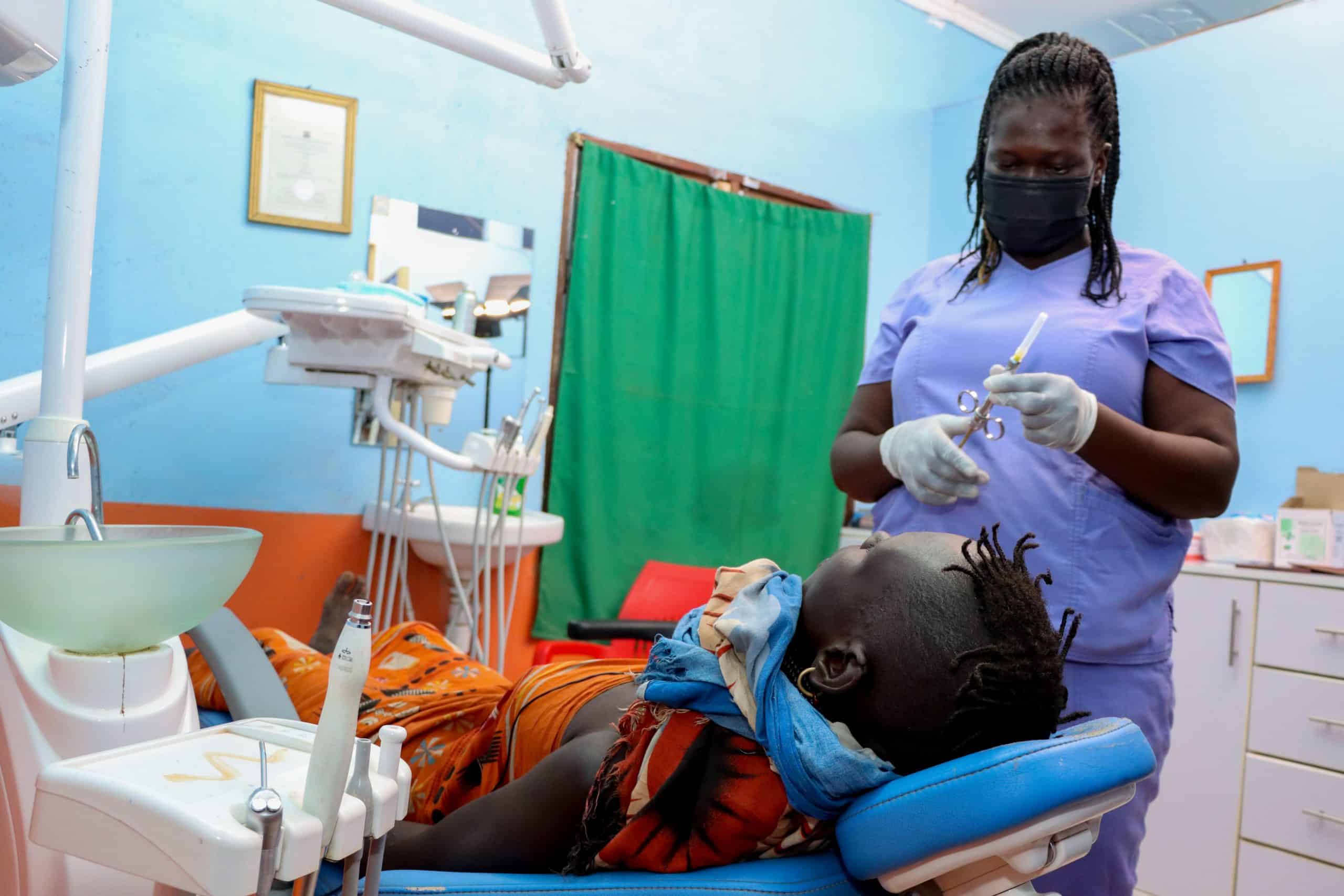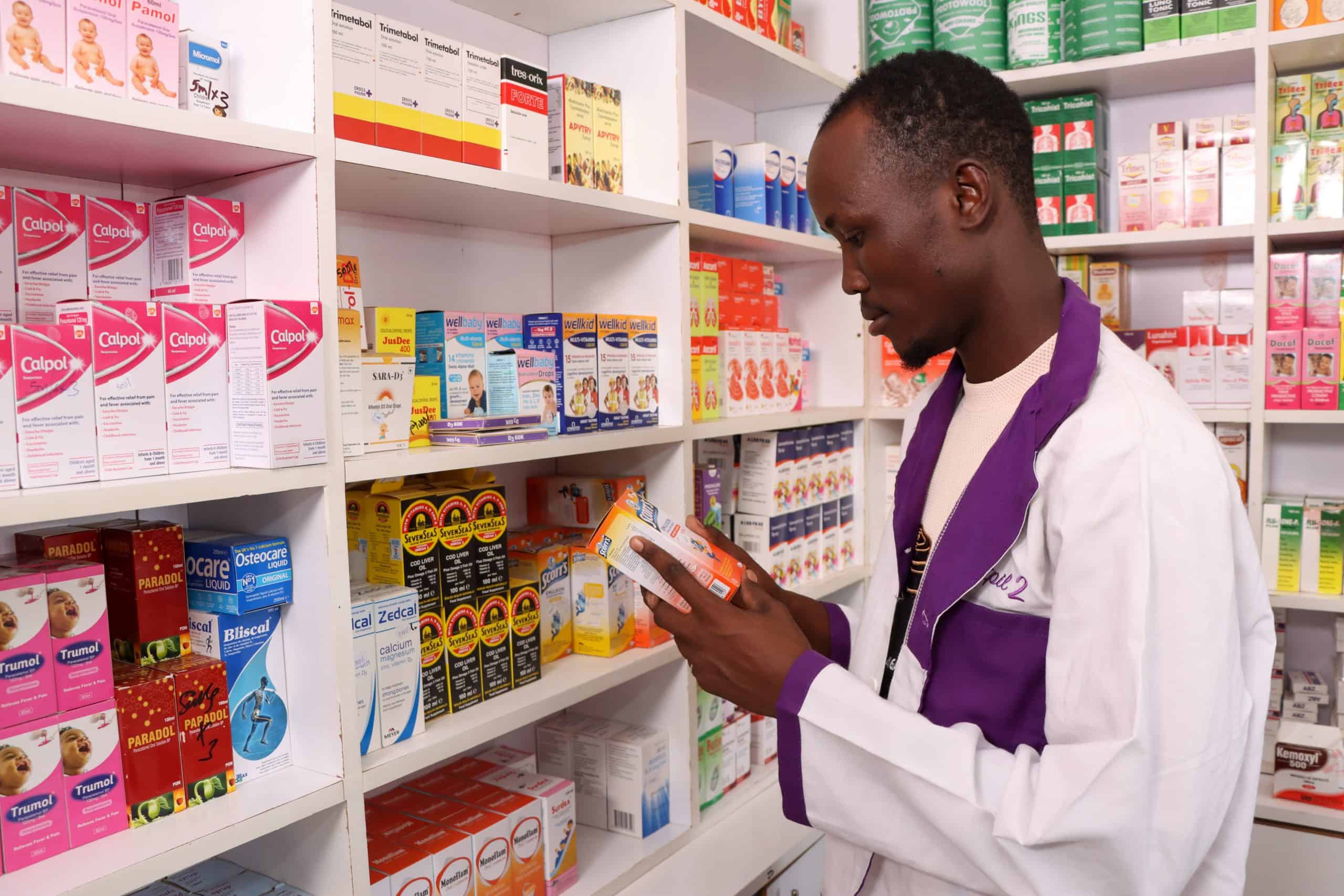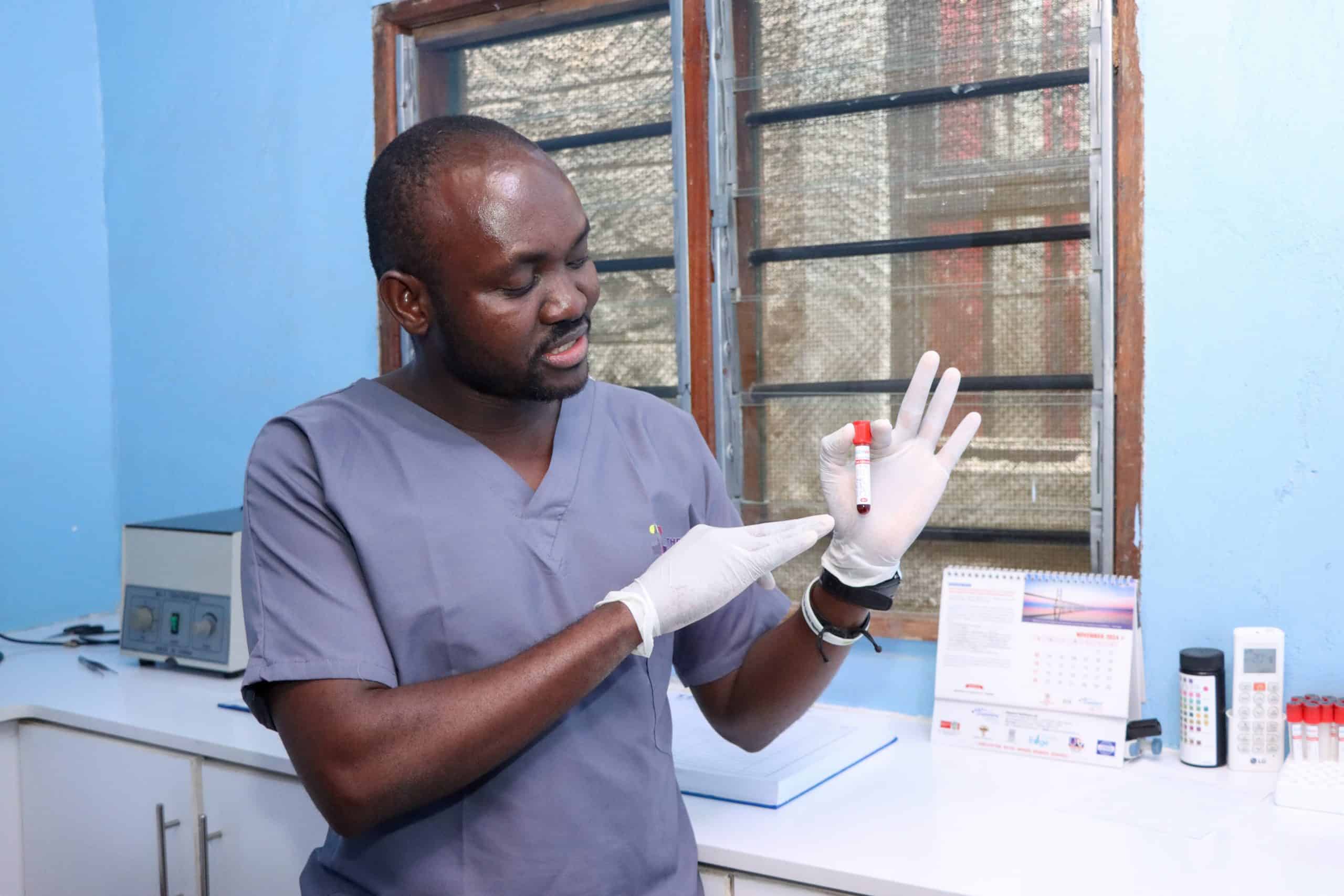It is 9:00 a.m. in Kakuma town, and the rising sun transforms the morning warmth into a relentless heat. The back gate swings open at Gateway Diagnostics and Health Centre as an ambulance pulls into the compound. More than ten passengers step out, having traveled from the most remote villages of the Kakuma refugee camp. Among them is 21-year-old Akoi Makuei Awai, holding her younger brother’s hand as he limps toward the casualty bay. He was injured while playing football, and without the ambulance service, they would have faced a two-hour journey on a boda boda (motorcycle), costing Ksh 500—an amount that is unaffordable for many refugees who rely on a monthly stipend of Ksh 1,600 for food and other essentials. Akoi and others received transport to the hospital at no cost, thanks to the ambulance service.
Access to healthcare for refugees in Kakuma remains critical yet challenging due to limited resources, inadequate infrastructure, and a rapidly growing population. Many are forced to seek care from private facilities outside the camp. The road to Kakuma is characterized by potholes, loose gravel, and uneven surfaces that slow travel. When it rains, it becomes waterlogged and muddy, making movement even more difficult.

“Before the ambulance service, transportation was a major problem, especially for those far from the hospital. We had to rely on motorbikes, even in emergencies. Finding one was time-consuming, and the costs were too high,” recalls Akoi.
Her first visit to the hospital was at night when she fell seriously ill. Having obtained contact information from a family friend, her parents called Gateway for help. Within minutes, the ambulance arrived, and she was transported free of charge. The ambulance is equipped with basic life support systems—crucial for handling emergencies such as strokes or fractures before reaching more extensive medical facilities.
This life-saving service is part of the support Gateway received from the Kakuma Kalobeyei Challenge Fund (KKCF) to improve healthcare in the region. With KKCF’s grant, the hospital has significantly expanded its capacity. It has installed critical medical equipment, including a CT scan, biochemical analyzers, and a surveillance system, and has established a fully equipped dental clinic. The funding has also enabled the expansion of the pharmacy and laboratory, ensuring a consistent supply of essential drugs from Nairobi. Additionally, KKCF’s support allowed the hospital to recruit skilled technicians to maintain the equipment and provide specialized services.
Gateway’s CEO, Abdifatah Ahmed Boruka, highlights the transformative impact of these upgrades. “Before we established the dental clinic three years ago, patients had to travel to Eldoret or Kitale for procedures such as root canals, braces, and cavity treatments. These services are now available right here in Kakuma. Similarly, our CT scan has been crucial in diagnosing internal conditions early, reducing the need for costly referrals outside town.”

“These improvements have enhanced our ability to meet the medical needs of the refugee and host community effectively,” says Ahmed, adding, “We are also expanding maternity and pediatric services because of the high maternal and child health needs in Kakuma.” Once the maternity wing is operational, Gateway plans to offer discounts to clients who cannot afford the full cost.
Gateway Board Chair Hussein Abdi recalls how the hospital started in a single room with one staff member in 2018. Today, it serves around 300,000 people, about half the population of Wyoming, from the refugee and host communities, 60% of whom are regular patients.
“We have prioritized corporate social responsibility in our operations, always providing free medical clinics to the community during international days like the International Day of Peace and the 16 Days of Activism. We also provide ambulance support and free treatment for vulnerable groups,” says Abdi.
Gateway was Funded under KKCF’s Local Enterprise Development Window; the initiative exemplifies how private sector investment can drive sustainable change in fragile contexts. Fred Kiio, AECF’s Head of Agribusiness, notes, “We designed this program to harness private sector engagement, creating employment and improving services for refugees and host communities. So far, we have facilitated access to better services for over 220,000 people and generated over 700 employment opportunities.”
